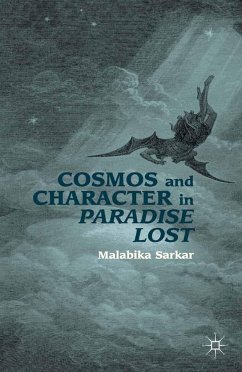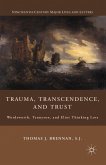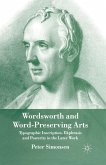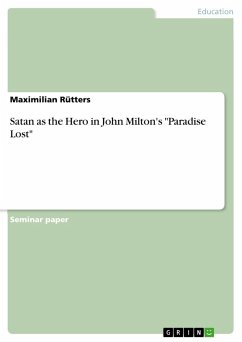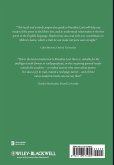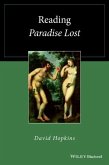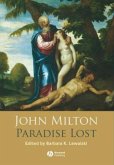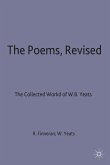This book offers a fresh contextual reading of Paradise Lost that suggests that a recovery of the vital intellectual ferment of the new science, magic, and alchemy of the seventeenth century reveals new and unexpected aspects of Milton's cosmos and chaos, and the characters of the angels and Adam and Eve. After examining the contextual references to cabalism, hermeticism, and science in the invocations and in the presentation of chaos and Night, the book focuses on the central stage of the epic action, Milton's unique cosmos, at once finite and infinite, with its re-orientation of compass points. While Milton relies on the new astronomy, optics and mechanics in configuring his cosmos, he draws upon alchemy to suggest that the imagined prelapsarian cosmos is the crucible within which vital re-orientations of authority could have taken place.
'This book is a timely intervention in Milton studies, because it addresses itself to the notion of the 'post-secular.' It should be regarded as an indispensible text for Miltonists for many years to come. I recommend it without reservation.' - David Hawkes, professor of English, Arizona State University
'Sarkar has read widely and deeply in Renaissance and seventeenth texts on astronomy, alchemy and magic, and in this book uses this material as a prism through which to read Milton's Paradise Lost . . . Sarkar's elegant prose makes the book a delight to read.' - Gordon Campbell, professor of Renaissance Studies, University of Leicester
'Sarkar has read widely and deeply in Renaissance and seventeenth texts on astronomy, alchemy and magic, and in this book uses this material as a prism through which to read Milton's Paradise Lost . . . Sarkar's elegant prose makes the book a delight to read.' - Gordon Campbell, professor of Renaissance Studies, University of Leicester

